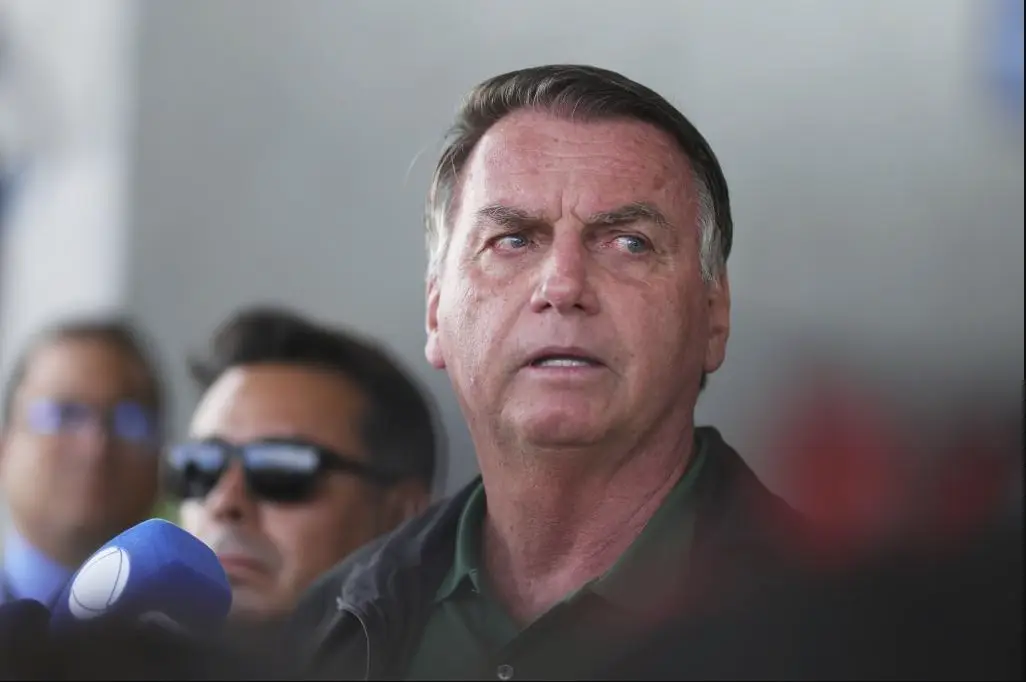The political history of Latin America is marked by a constant tension between power and justice. From the 1970s to the present, dozens of former presidents have faced legal proceedings for crimes ranging from corruption and fraud to human rights violations. This reality not only reflects chronic institutional weakness, but also a political culture that has normalized the abuse of power.
Twenty-five former Latin American presidents have been subjected to judicial proceedings between 1970 and 2025, categorized as corruption, money laundering, conspiracy, among others. The table recording these incidents is a compelling testimony to the problem.
There are names like Evo Morales (Bolivia), Álvaro Uribe (Colombia), Cristina Fernández de Kirchner (Argentina), Rafael Correa (Ecuador), and Ricardo Martinelli (Panama). All were involved in judicial processes that shook their countries. Some were convicted, others investigated, and a few acquitted. But the pattern is clear: presidential power in Latin America has too often been a platform for personal enrichment, institutional manipulation, and impunity.
Justice comes late, but it comes
One of the most striking aspects of this list is that many of the judicial proceedings begin after the president leaves office. This reveals a justice system that appears weak during the presidential term but is activated when political power wanes. This is the case of Cristina Fernández de Kirchner, convicted of fraudulent administration, and Álvaro Uribe, who faces house arrest for procedural fraud and bribery. In other cases, such as that of Lula da Silva, the conviction was overturned due to procedural irregularities, raising questions about judicial independence.
This phenomenon has profound consequences. On the one hand, it shows that justice can function, albeit slowly. On the other hand, it demonstrates that judicial systems are exposed to political pressure, which undermines public trust in institutions . The perception that the powerful only face consequences when they no longer have power is corrosive for democracy.
More of the same?
In 2025, Latin America continues to face corruption scandals and institutional crises. For example, in Guatemala, the Public Ministry is accused of persecuting independent judges and prosecutors. In Peru, political instability has led to the succession of several presidents in just a few years, many of them under investigation for corruption. In Mexico, the government of Andrés Manuel López Obrador has been criticized for the political use of the attorney general’s office. And in Ecuador, the assassination of presidential candidate Fernando Villavicencio in 2023 exposed the links between politics and organized crime.
These current events confirm that the relationship between politics and justice remains contentious. Impunity, judicial manipulation, and a lack of transparency continue to be obstacles to strengthening democracy. Citizens, increasingly informed and demanding, are demanding profound changes that will allow them to build solid and reliable institutions.
How to deal with the problem?
The development of recipes to combat institutional fragility in Latin America is nothing new. State reform processes have proliferated in the region, and hundreds of agreements have been signed with international agencies and other governments to improve state capacities. However, it is clear that much remains to be done.
It is necessary to strengthen judicial independence and ensure that judges and prosecutors can act without political pressure. This entails reforms in the selection of judges, citizen oversight mechanisms, and protection for justice administrators. Judicial independence is not only a democratic principle, but also a necessary condition for combating corruption.
Opacity is an ally of impunity. That’s why governments must implement active transparency policies, facilitate access to public information, and promote investigative journalism. Citizens must have the tools to monitor their representatives and demand accountability.
The fight against corruption is not only won in the courts, but also through civic education . It is necessary to foster a democratic culture that values public ethics, respect for the law, and citizen participation. Civic education must be a central part of public policies, not a nostalgic accessory.
These recommendations, which encompass the essential foundations of liberal Western democracy, are not set in stone. They require constant updating. As the world advances, so do the tasks to be resolved. Thus, laws that served in the past to guarantee the independence of powers and prevent corruption may be obsolete today.
Opportunity to change
The relationship between politics and justice in Latin America has historically been difficult, but it is not doomed to failure. The judicial proceedings against former presidents, although delayed, are signs that impunity can be addressed. However, to ensure that these cases are not exceptional, a firm commitment to institutionality, transparency, and citizen participation is required.
Latin America has the opportunity to transform its political culture . Surprisingly, despite the growing presence of organized crime and violence, it remains a peaceful and largely democratic region. This value sets it apart from other regions that, paradoxically, have greater influence on the international agenda.
Citizens are more alert, the media is more active , and social media has democratized information. If we can strengthen justice, educate in democratic values, and demand transparency, the expected outcome is societies in which power is not synonymous with impunity, but with responsibility.
*This article was originally published in Diálogo Político.














